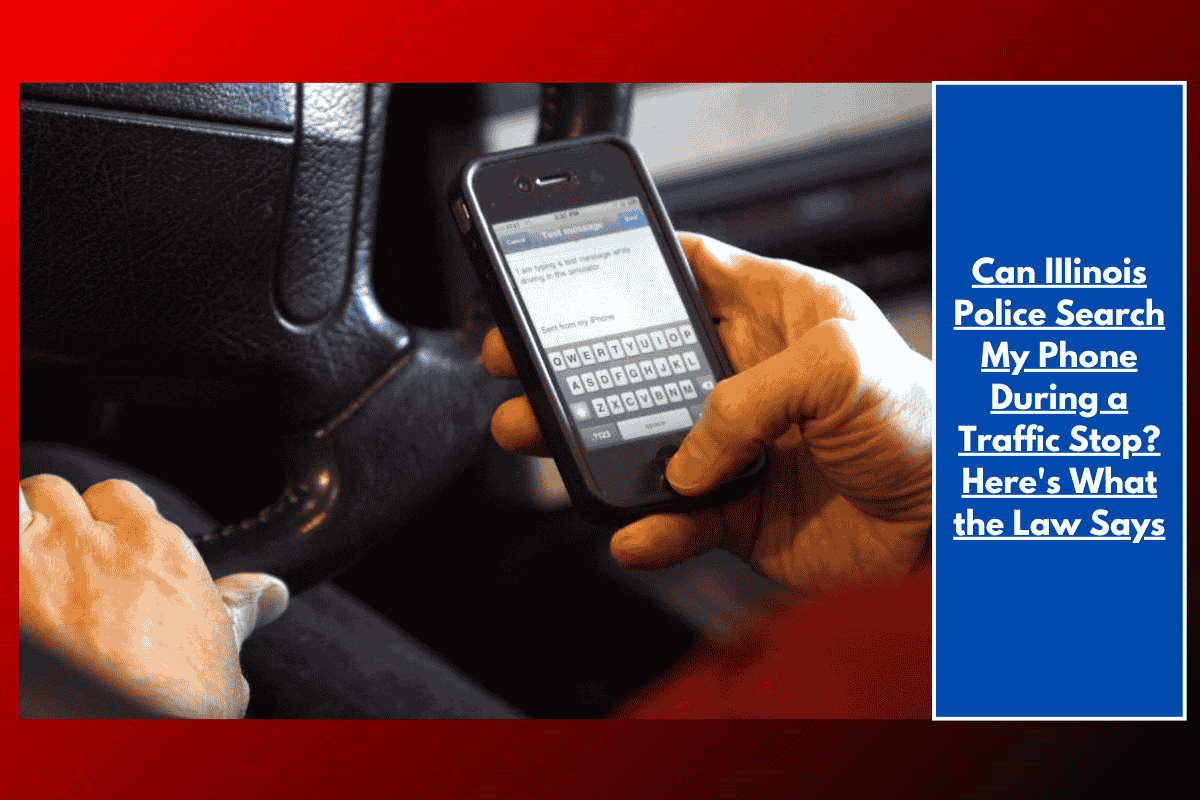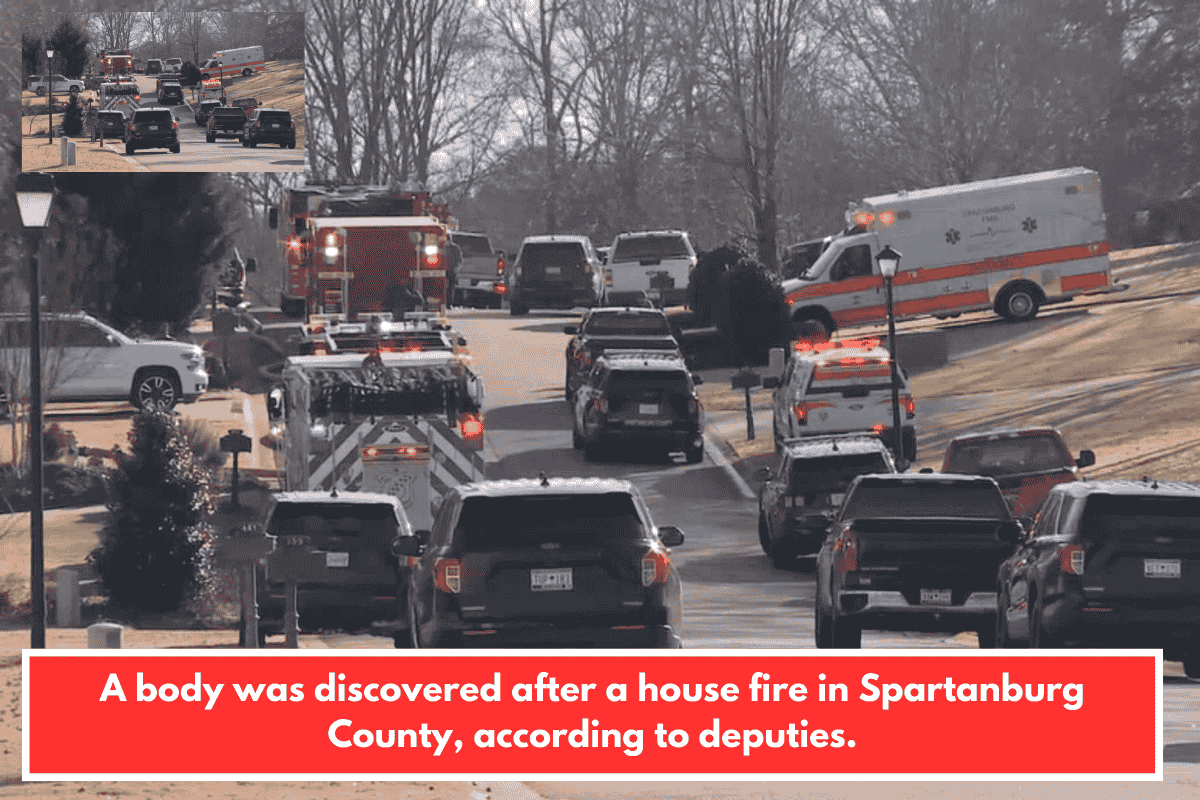With the growing reliance on smartphones for communication, navigation, and personal organization, many people wonder about their rights during a traffic stop when it comes to their phones. Can the police search your phone without a warrant or your consent during a traffic stop in Illinois? This is an important question that many drivers may not fully understand. In this article, we’ll break down the laws surrounding phone searches during a traffic stop in Illinois and explain your rights as a driver.
Can Illinois Police Search My Phone During a Traffic Stop?
In Illinois, as well as the rest of the United States, the short answer is that police cannot search your phone without your consent or a warrant, except in specific circumstances. The Fourth Amendment of the U.S. Constitution protects individuals from unreasonable searches and seizures, which includes the contents of your phone. However, there are exceptions to this rule, and certain situations may allow law enforcement to access your phone during a traffic stop.
The Role of Warrant and Consent
Warrant Requirement: Generally, the police cannot search your phone without first obtaining a search warrant from a judge. This rule was reinforced by the U.S. Supreme Court in 2014 with the landmark case Riley v. California, which determined that police must obtain a warrant before searching a suspect’s cellphone, even if the person is under arrest.
Consent: If you voluntarily consent to the search of your phone, police can access it. If an officer asks to search your phone during a traffic stop, you have the right to refuse. Without your consent, the officer generally cannot search your phone. However, if you agree to the search, it’s important to be aware that any information found could be used against you.
Exceptions to the Warrant Requirement
While a warrant is generally required for police to search your phone, there are limited exceptions that may apply during a traffic stop or arrest in Illinois:
Incident to Arrest: If you are arrested during a traffic stop, law enforcement may be able to search your phone without a warrant as part of a lawful arrest. However, this is only allowed under certain circumstances, and the search must be related to the arrest. For example, if you are arrested for a crime that involves your phone (such as texting while driving), the police may argue that searching your phone is necessary to gather evidence related to the arrest.
Exigent Circumstances: In some cases, exigent circumstances may allow law enforcement to search your phone without a warrant. This could include situations where there is a threat to public safety, such as if the police believe that evidence on your phone is about to be destroyed or if there is an emergency that requires immediate access to your phone.
Probable Cause and Search Warrants: If police have probable cause to believe that your phone contains evidence of a crime, they may be able to obtain a search warrant from a judge. Once they have the warrant, they are legally allowed to search your phone.
Illinois Law on Cell Phone Searches
Illinois law aligns with the general principles established by the Fourth Amendment and U.S. Supreme Court rulings like Riley v. California. In Illinois, police must adhere to the following:
Consent: If you are stopped during a routine traffic stop and an officer asks to search your phone, you have the right to refuse.
Search Incident to Arrest: If you are arrested during the stop, officers may be able to search your phone without a warrant under specific circumstances related to the arrest.
Search Warrant: In cases where neither consent nor exigent circumstances apply, police must obtain a search warrant to search your phone.
What Should You Do if Police Ask to Search Your Phone?
If you are stopped by police and they ask to search your phone, it’s important to remember that you have the right to refuse. Here’s how you can handle the situation:
Stay Calm: Remain respectful and calm during the interaction with law enforcement.
Know Your Rights: Politely inform the officer that you do not consent to the search of your phone. You can say something like, “I do not consent to a search of my phone.”
Request a Lawyer: If the situation escalates or if you are arrested, it is always a good idea to request a lawyer before consenting to any searches or answering any questions. An attorney can help protect your rights.
Can Police Unlock Your Phone?
If you are arrested and your phone is seized, the police may try to unlock your phone using biometric features like your fingerprint or facial recognition. However, recent court rulings have made it clear that law enforcement cannot force you to provide access to your phone through these methods without a warrant, unless there are exigent circumstances.
In Illinois, police cannot compel you to provide a password or PIN to unlock your phone. However, if you voluntarily provide your password, they may legally access the device. Again, if you are unsure or uncomfortable with providing this information, it’s wise to consult with a lawyer.
In Illinois, police generally cannot search your phone during a traffic stop unless they have your consent or a valid warrant. While certain exceptions may apply—such as if you are arrested or if there are exigent circumstances—your privacy is still protected under the Fourth Amendment. It’s essential to know your rights during interactions with law enforcement, including your right to refuse a search of your phone unless there is a legal reason for it. If in doubt, calmly assert your rights, and seek legal advice if necessary.
SOURCES
[1] https://www.chicagocriminallawyer.pro/blog/challenging-the-traffic-stop-illegal-traffic-stops-in-illinois/
[2] https://hirschlawgroup.com/understanding-your-rights-during-a-police-stop-in-illinois/
[3] https://www.napervilledui.com/articles/three-ways-law-enforcement-mishandle-traffic-stops-in-illinois
[4] https://www.illinoislegalaid.org/legal-information/can-i-use-my-phone-record-police-public
[5] https://www.chicagocriminallawyer.pro/practice-areas/how-long-can-police-detain-me-during-a-traffic-stop-in-illinois/














